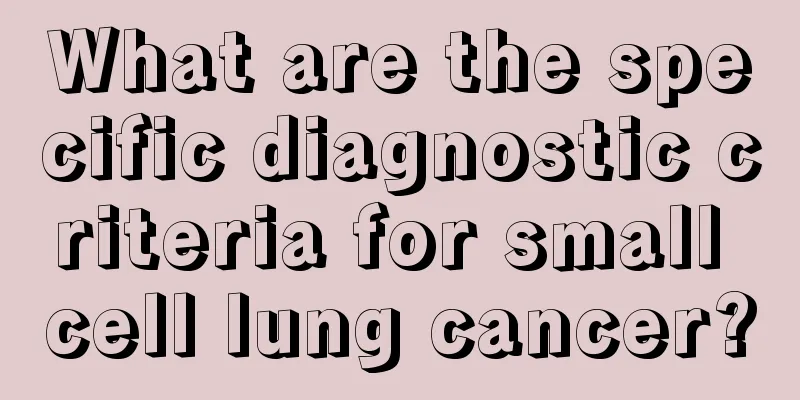How to deal with the side effects of immunotherapy for patients with renal cancer

| Immunotherapy is a limited weapon for the treatment of renal cancer. It must be emphasized that: ① Immunotherapy is used as an adjuvant treatment for localized renal cancer or locally advanced renal cancer after surgery. Its efficacy is uncertain, and whether it can be used to prevent tumor recurrence after surgery has not yet been determined; ② Immunotherapy is used for metastatic disease. Its efficacy is limited. This is mainly because chemotherapy and radiotherapy have poor efficacy for renal cancer. The treatment of locally advanced and metastatic renal cancer has been a difficult problem for urologists for many years, so immunotherapy has become metastatic. Immunotherapy will produce some side effects, so how to deal with it? Most immune preparations such as interferon and IL-2 are a type of regulatory protein with broad biological activity produced by inducing biological cells with inducers. They play a powerful anti-cancer effect in the body, but also cause side effects in the body. These side effects include: general symptoms: fatigue, fever, sweating, fatigue, headache, flu-like symptoms, shivering, weight loss, dizziness; skin: injection site inflammation, injection site reaction, hair loss, itching, rash, dry skin; digestive tract: dry mouth, anorexia, nausea, vomiting, abdominal pain, diarrhea; respiratory tract: pharyngitis, cough, dyspnea; muscle and joint: joint pain, muscle and bone pain; mental: insomnia, decreased concentration, depression, anxiety, emotional instability, irritability; blood system: bone marrow suppression, mainly anemia, leukopenia, thrombocytopenia. The most common of these is fever. Interferon releases prostaglandin E2 to regulate the body temperature center and increase the body temperature. 90% of patients will have fever, with a body temperature of 38 to 40°C, which often occurs within 4 to 8 hours after medication and lasts for 4 to 12 hours. Routine physical cooling, or taking acetaminophen or other antipyretic analgesics can relieve the symptoms. If the persistent high fever cannot be tolerated, the dose can be reduced or the drug can be discontinued. Fever is obviously related to the dose and gradually alleviates with the extension of the course of treatment. Most skin reactions, gastrointestinal reactions, etc. can be relieved through symptomatic treatment. Long-term use of interferon may cause neutropenia, anemia, and idiopathic thrombocytopenic purpura. Adverse reactions of the blood system are mostly reversible and can be recovered after reducing the dose and stopping the drug. Blood cell-raising drugs such as leucine, shark liver alcohol, and VitB6 can also be used. If necessary, G-CSF (macrophage colony stimulating factor) 300ug can be used, subcutaneously injected 3 times a week. |
<<: What are the indications for immunotherapy of renal cancer
>>: Kidney-tonifying treatment is a major rule for treating kidney cancer
Recommend
Can motherwort induce abortion?
Today's society is more open, and many people...
How to wear a dust mask to effectively prevent dust
At present, air pollution is very serious, and sm...
Emotions of brain cancer patients affect treatment and recovery
Negative emotions are definitely not good for the...
How many years can a 5cm kidney cancer patient live
How many years a 5cm kidney cancer patient can su...
Does it hurt to drain the water from the lungs?
Pulmonary effusion is the accumulation of water i...
What are the tips for zipping up?
Many items we use in daily life have zippers. Now...
What medicine should be used for oral decay in advanced lung cancer?
What medicine should be used for oral rot in adva...
You can tell where the disease is by looking at the face
Medical experts say that 70% of health problems a...
What causes acne on the right chin
Acne on the right chin generally belongs to the c...
There is a swelling on the gum of the big tooth
Swollen and painful gums and bleeding gums are ve...
Can enzyme coffee help you lose weight?
In recent years, enzymes are particularly popular...
Can melanoma be cured
The incidence of melanoma is not high, but once t...
What to do if you have indigestion and stomach discomfort
Indigestion is a problem that many people have, w...
What babies can’t eat if they have skin allergies and what to pay attention to
A baby's skin is always moist and tender, but...
Can septicemia be cured
Diseases are very common. There are many common t...









